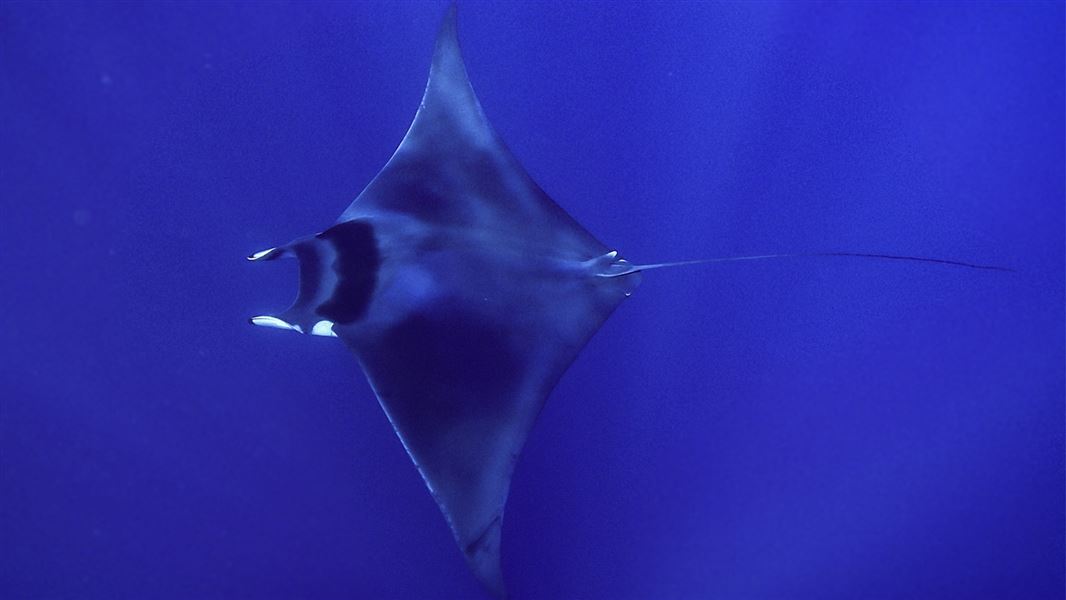Archived content: This media release was accurate on the date of publication.
Date: 13 November 2023
Clinton Duffy, DOC Marine Technical Advisor, says recreational fishers and others out on the water can make a significant contribution to research through reporting sightings and accidental catches.
“I’m very interested in what the public has seen – and usually they’re keen to identify an unusual creature too. All photos, videos and reports help build a better understanding of our rare and protected fishes, including rays, and sharks.
“We encourage people to take a few photos, full length shots and also of any defining features like fins, jaws and teeth, and details of the colour pattern. The exact location the fish was spotted or caught is useful too”, says Clinton.
Certain fish species are protected because they are naturally uncommon and therefore at greater risk of extinction than other fishes.
“Factors that make them naturally uncommon can include being slow to mature, which means they must survive a longer time before they can reproduce or having a slow reproduction cycle or a low number of offspring,” says Clinton.
There are nine fish species that are protected in New Zealand; five sharks, two rays, and two grouper.
While fishers are not allowed to target these species it’s not illegal to accidentally catch a protected fish. If you do catch one, you must release it as quickly as possible and take care not to cause it further harm, and you must report the capture to DOC. If the fish dies or is found dead, DOC may request you bring it back to shore and provide it to DOC so samples can be taken to support research.
“Spotting an uncommonly seen species would be an amazing fishing story to tell. The basking shark for example, has hardly been seen in our waters since the late 1990s. I’d be thrilled to get a report of one,” says Clinton.
DOC has a set of protected species identification guides on its website to help identify sea life, plus a protected species handling guide to assist recreational fishers to safely release marine life back to the water.
The public can report sightings, captures and strandings to DOC:
- anonymously via the Protected Species Catch App
- by emailing sharks@doc.govt.nz
- by calling 0800 DOC HOT (0800 362 468).
Background
There are nine protected fish species under the Wildlife Act.
- Five sharks: basking shark, great white shark, oceanic whitetip, smalltooth sandtiger (deepwater nurse shark), whale shark.
- Two rays: spine-tailed devil ray, giant manta ray.
- Two bony fishes: giant grouper (Queensland grouper), spotted black grouper.
Learn more about these species in our Conservation blog post.
Contact
For media enquiries contact:
Email: media@doc.govt.nz
